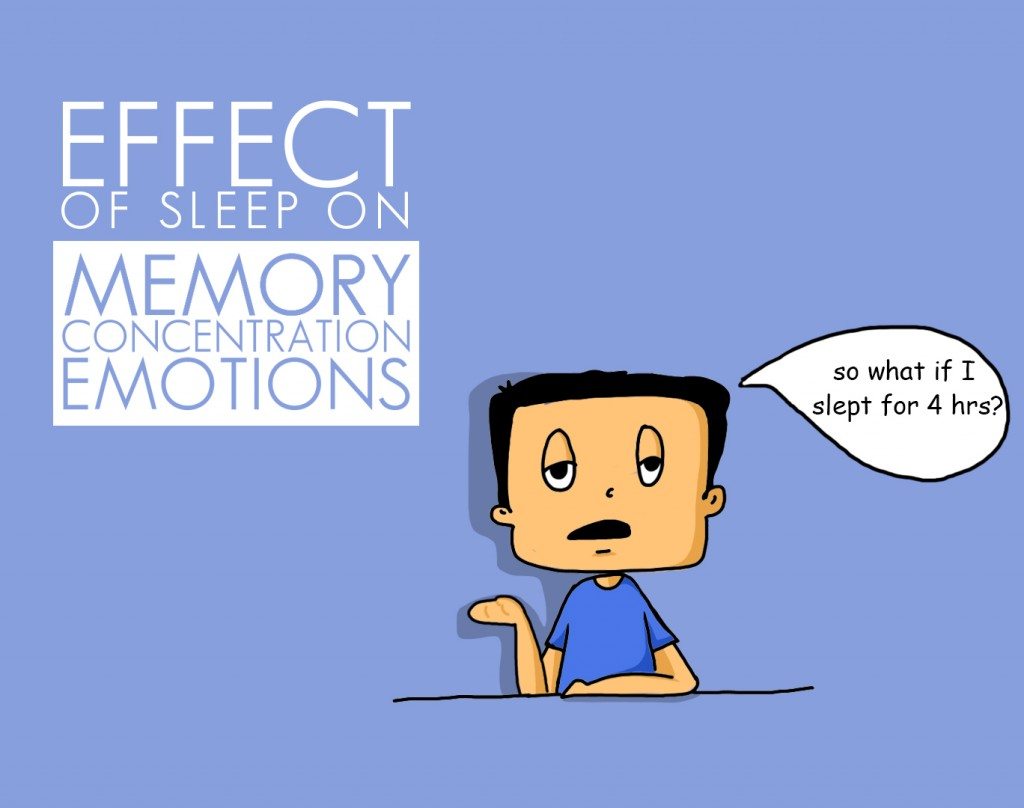“Everybody is a genius. But if you judge a fish by its ability to climb a tree, it will live its whole life believing that it is stupid.” – Albert Einstein
Learning is a relatively permanent change in human thinking or behavior that is acquired by practice or past experience. Accidental changes in a person are not categorized under learning. Learning difficulties are impediments faced by certain individuals that hamper the process of learning. The causes for these difficulties are not biologically identified, nor can they be corrected by medicine or surgery. It has although been identified that these problems are neurologically based and are not due to lack of effort or concentration.
Language and math are two important pillars of academic education. Motor skill development (for example – eye-hand coordination, ability to process visual or auditory information, etc.) also plays a significant role in learning. Learning difficulties leading to a disability can be possible in these three areas – language, math, and/or motor skill development. Some individuals could have one or a combination of these difficulties.
Different Types of Learning Difficulties:
Dyslexia – It is a reading disability, that restricts an individual to comprehend written matter. They can read mirror images like ‘saw’ can become ‘was’ or ‘d’ can become ‘b’. Reading can become overwhelming and incomprehensible. While the child can understand concepts if explained verbally, yet reading and writing correctly require unreasonably long time and effort. Eye-hand coordination also is affected due to poor jugdment of speed and velocity.

Dysgraphia – A disability characterized by difficulty in writing. The individual’s handwriting can be just a childlike scribble and not legible. The formation of the characters is not comprehensible. Activities related to fine motor skills are difficult. It can also reflect in poor spacing on paper, or poor spellings.
Dyscalculia – This is specifically related to math. Conceptually the child is unable to grasp numbers and their relationships. This also affects their spacial abilities and activities.
Difficulty related to auditory information – Some individuals are not able to process spoken material and can misinterpret information that is spoken.
Related academic difficulties – Many children are categorized as ‘slow learners’. The grasp and memory to retain materials in these individuals become a challenge. Also, let us consider an analogy – some children start walking at the age of 9 months, some might start walking at the age of 15 months. Both fall under the normal range of motor development. Such criteria are not available for academic achievements. Few children might learn a concept few weeks later. The absence of this knowledge makes a child fall behind in class and thus continually not succeed due to lack of clarity in previous concepts. This can also lead to slow learning.

Ways of Coping with these Disabilities:
1. Remedial education is available in most of the cities and schools. Children are taught specific techniques to cope with the disability they are facing.
2. Specific learning disability tests are available with certified centers or hospitals. The child can be given these tests and a certificate can be obtained. This certificate enables the person to avail benefits of certain policies made by the government like – extra time during examinations, using a writer to write the exam or oral exams, use of a calculator, shadow teacher (special individual appointed to explain the child individually), etc.
Note to Parents and Teachers:-
Learning difficulties is not a behavioral disorder. It is not in the voluntary control of that individual. Expectations from family and school, criticism, feeling different, lack of academic achievements can make these people vulnerable to self-esteem or behavioral issues. Identify the root-cause before assuming that the individual is not motivated or doing it deliberately. Around the age of 7 years, these difficulties can be identified as the pattern would emerge in their school and sports activities.
These individuals have been known to have above average intelligence. The problem is not in the ability or intelligence of the child. It is in the process of learning that these individuals require special attention and specific techniques.
Do not expect too little to make them under-achievers. Do not expect the methods that you use to work for them. Talk to the counselor of these individuals to identify their real potential and specified teaching aids.




